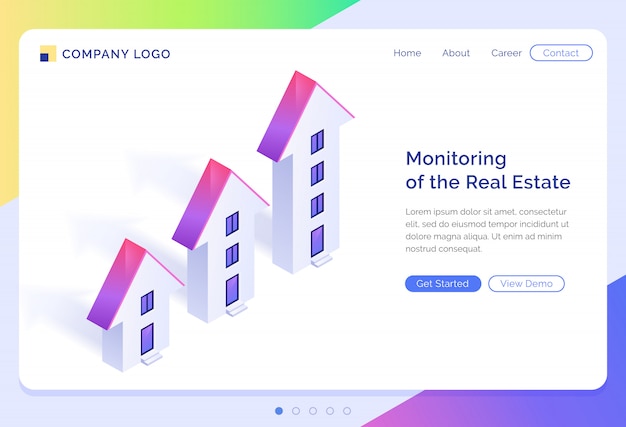
“Choosing Between Fundrise and RealtyMogul: Your Guide to Effortless Real Estate Investments”

Looking to diversify your investments with a bit of real estate? That usually means a lot of upfront cash and time. However, real estate crowdfunding platforms like Fundrise and RealtyMogul break down those barriers. They help you start with a smaller initial investment and let you earn passively. But how do you decide between the two? Let’s explore their differences.
Fundrise allows you to invest with as little as $10, while RealtyMogul has a minimum requirement of $5,000. Both give you options depending on your financial objectives—whether you’re eyeing long-term growth or passive income. They’re both reputable platforms, have been around since 2012, and offer limited liquidity options.
To start, Fundrise is a popular platform with over 150,000 investors and $1 billion raised. With this sum, the platform builds a variety of real estate projects across the country. An average Fundrise investment is approximately $5,000, and the company mentions that the annual returns are typically 10% to 14%. The platform offers two investment avenues: eREITs and eFunds which broaden your exposure to diverse commercial real estate projects nationwide.
Similar to Fundrise, RealtyMogul has been in the game since 2012, raising over $500 million from investors. This platform focuses on commercial properties and is known to accommodate big finance deals that’d generally be inaccessible to the average investor. RealtyMogul investors have previously put their money into over 350 properties valued at more than $2 billion.
Each platform also has its own unique offerings. With Fundrise, you can invest across the US in commercial and residential properties, diversifying with funds for capital appreciation and steady income. RealtyMogul, on the other hand, besides offering REITs, allows accredited investors to invest in specific properties, leading to higher risks but potentially bringing higher returns.
Security-wise, both platforms place significant focus on user data protection, with encryption, firewalls, and in the case of Fundrise also two-factor authentication.
Behind the features, there are pros and cons. For Fundrise, a key advantage is the low minimum investment requirement, starting from just $10. It also offers compound interest potential, and support for self-directed retirement accounts. But it has some downsides: there’s no liquidity guarantee, dividends aren’t guaranteed, and dividends will be taxed as ordinary income.
RealtyMogul provides access to large scale investments, flexibility in dividend payments, a user-friendly platform, and options for both non-accredited and accredited investors. Though it requires a higher minimum investment and its fee structure can be complicated.
In conclusion, depending on your investment goals and timeframes, either could be a good choice. Fundrise might be better suited for you if you want a balanced mix of growth and income assets. RealtyMogul may be a better fit for those attracted to high-risk, high-reward investments and are willing to let their money work for them long-term. Always carefully consider your goals and risk tolerance before making these decisions.


